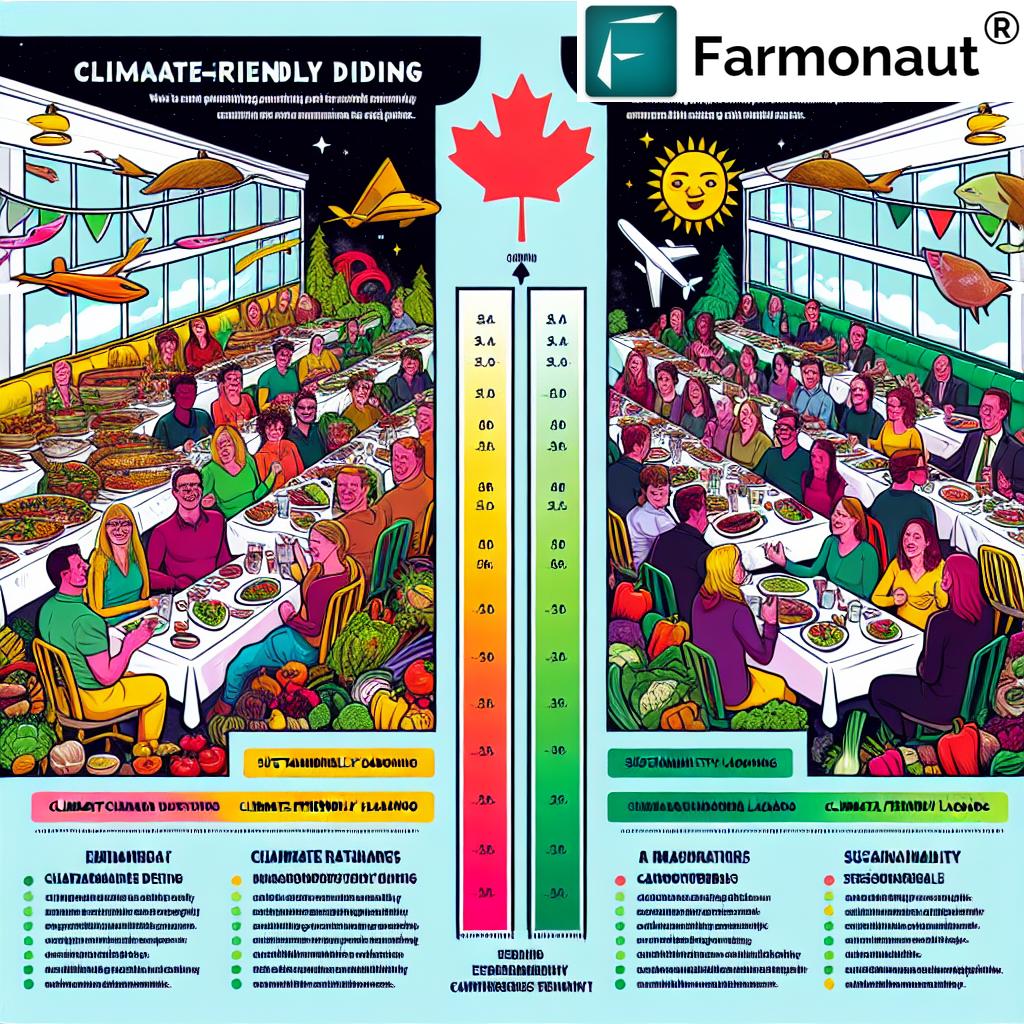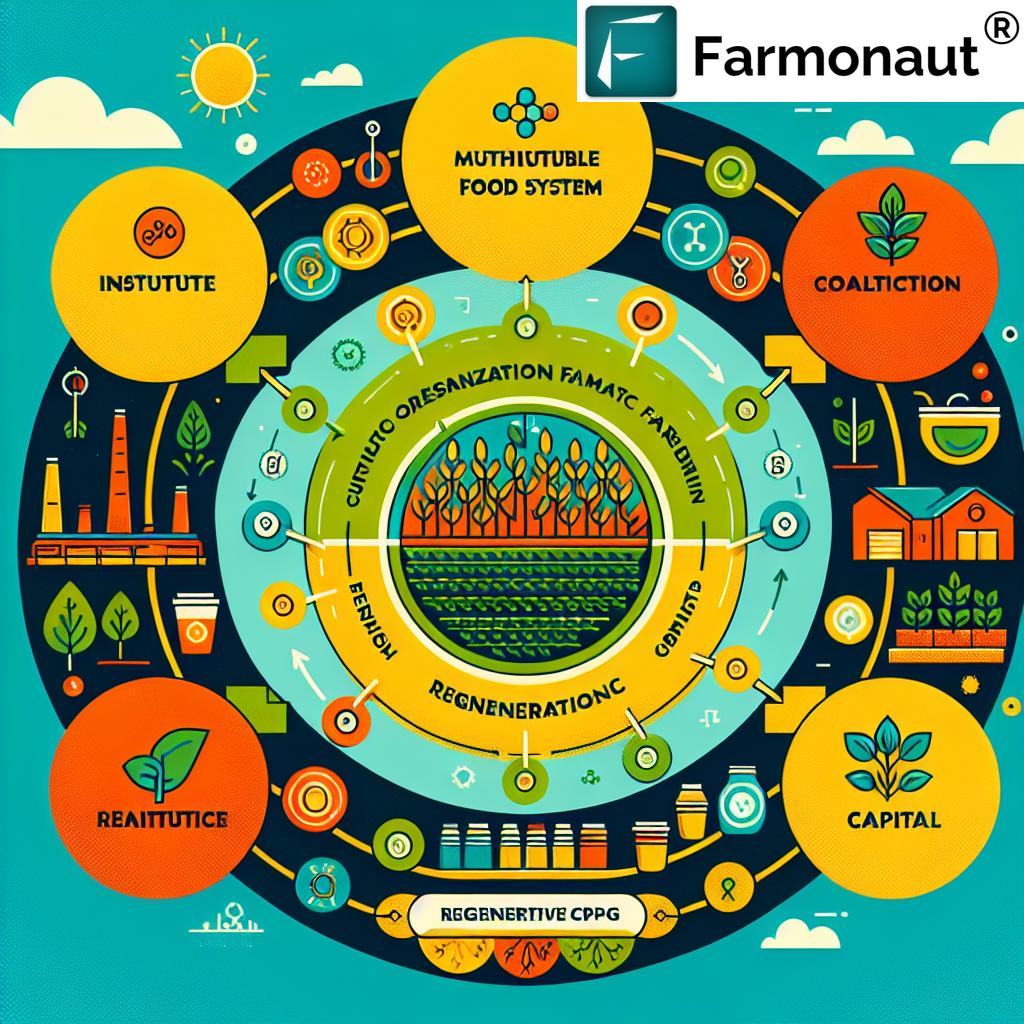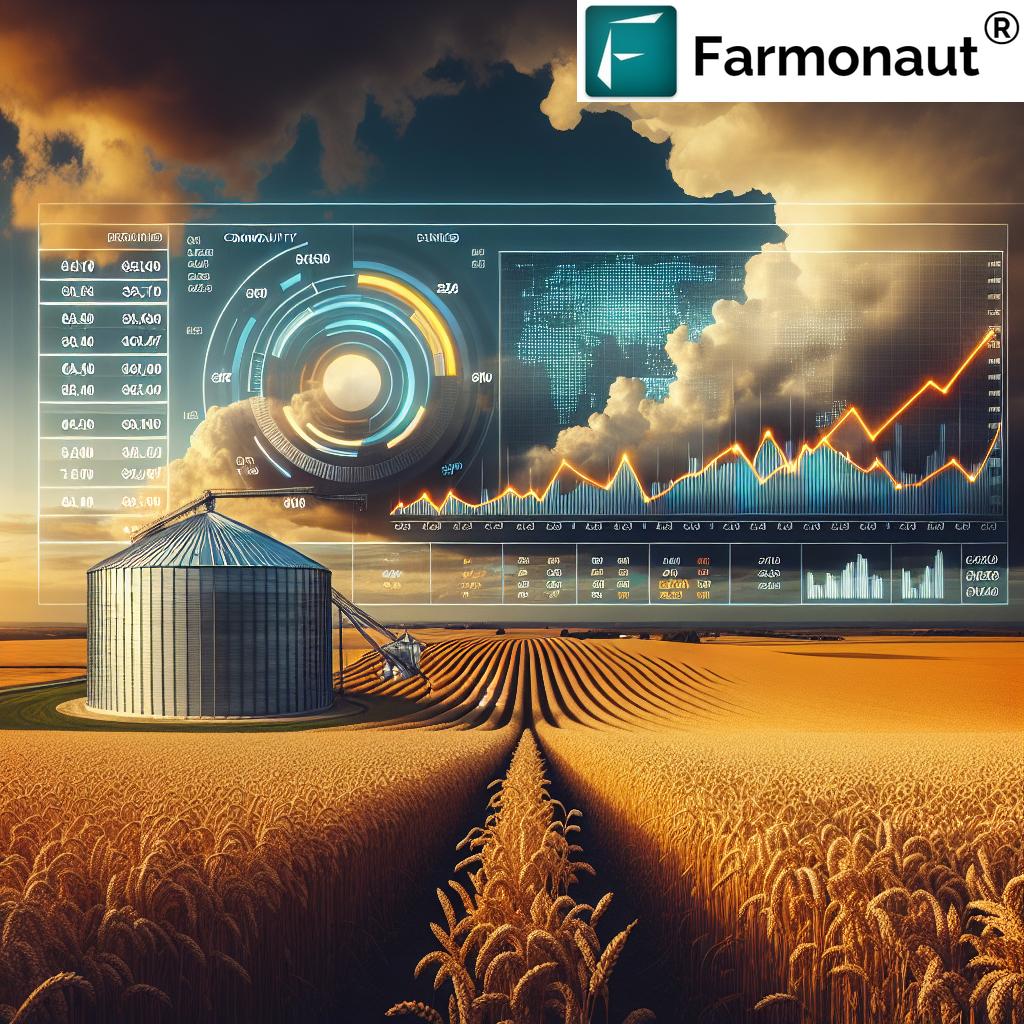Revealed: The Shocking Truth About Canadian Restaurants’ Climate-Friendly Menu Options

TORONTO, Oct. 24, 2024 /CNW/ – A groundbreaking report titled “Moving the Menu 2024” has unveiled startling revelations about the state of climate-friendly dining in Canada. The study, conducted by World Animal Protection, sheds light on the efforts – or lack thereof – of major Canadian restaurant chains in promoting sustainable food systems and offering plant-based menu options.
The State of Sustainable Dining in Canada
The report, which ranks 23 prominent restaurant chains, paints a concerning picture of the industry’s commitment to sustainable food systems and animal welfare in restaurants. Despite growing consumer demand for ethical and environmentally friendly dining options, most Canadian restaurants are falling short in their efforts to promote plant-based protein alternatives.
- Chipotle emerges as the leader, earning a respectable B grade
- McDonald’s, Wendy’s, and several chicken chains, including KFC and Popeyes, receive failing grades
- None of the evaluated chains have set firm commitments to reducing meat consumption
This lack of progress is particularly alarming given Canada’s looming climate targets and the crucial role that the food industry plays in achieving them. Animal agriculture is a significant contributor to greenhouse gas emissions from food, accounting for nearly 15% of global emissions.
The Missed Opportunity
Despite successful trials of plant-based options by chains such as McDonald’s, A&W, and Tim Hortons, many restaurants have failed to maintain these offerings or effectively communicate their benefits to consumers. This represents a missed opportunity to capitalize on the growing mainstream appeal of plant-based dining trends in Canadian restaurants.

Lynn Kavanagh, Farming Campaign Manager at World Animal Protection Canada, emphasizes the urgency of the situation: “The future of our planet depends on bold, decisive action to reduce our reliance on animal products. By embracing plant-based options, we not only spare millions of animals from suffering, but also create a healthier, more sustainable world.”
Key Findings from the Report
- Top Performer: Chipotle leads the pack with a B grade, showcasing extensive plant-based offerings and policies promoting plant-based eating.
- Worst Performers: McDonald’s and Wendy’s received F grades, showing no progress in plant-based menu options. KFC and Popeyes also failed, demonstrating minimal commitment to sustainability.
- Mixed Results in Burger Sector: Burger King and Harvey’s scored C grades for offering options like the Impossible Whopper. Surprisingly, A&W received an F despite having the Beyond Meat burger, due to a lack of broader sustainability commitments.
- Chicken Sector Failure: All major chicken chains, including KFC, Mary Brown’s, and Popeyes, received F grades, making little to no investment in plant-based alternatives.
- Coffee Sector’s Modest Progress: Starbucks and Tim Hortons made some headway with C grades, but still face criticism for charging extra for plant-based milk alternatives. Second Cup and Coffee Time received failing grades.
These findings highlight the urgent need for Canadian restaurants to step up their game in offering climate-friendly menu options in Canada.
Recommendations for a Sustainable Future
To align with climate goals and meet the growing consumer demand for sustainable dining options, the report calls on restaurants to:
- Position plant-based proteins as integral to sustainability strategies and animal welfare goals
- Increase and promote plant-based menu options by default
- Commit to reducing animal products by 25% by 2030
- Report progress annually on sustainability commitments
- Explore emerging innovations such as fermentation-based and cell-cultivated proteins
These recommendations are crucial steps towards implementing effective restaurant meat reduction policies in Canada and improving overall Canadian restaurant sustainability rankings.
The Growing Plant-Based Market
The plant-based sector is experiencing rapid growth, with projections indicating it could reach USD 22.3 billion globally by 2029. This presents a significant opportunity for Canadian restaurants to become leaders in sustainability and meet the evolving preferences of consumers.
As the demand for vegan and vegetarian options at Canadian restaurants continues to rise, establishments that fail to adapt risk losing a significant portion of their customer base. In fact, over half of Canadian consumers say they would reconsider dining at a restaurant that doesn’t offer vegetarian or vegan options.
The Environmental Impact of Meat Consumption
The report highlights some startling facts about meat consumption and its environmental impact in Canada:
- Canadians consume nearly twice the global average amount of meat per capita
- Over 800 million animals are killed annually for food in Canada, mostly in factory farms responsible for immense suffering and environmental damage
- Animal agriculture is the most emission-intensive sector in Canada
- Even if all other industries became carbon-neutral, food-related emissions would exceed global climate targets if meat consumption remains unchanged
These statistics underscore the urgent need for a shift towards more sustainable food systems in Canadian chains.
The Potential for Change
Despite the current disappointing state of affairs, there is significant potential for positive change. The report reveals that 38% of Canadians are likely or somewhat likely to reduce their consumption of meat, dairy, and eggs. This shift in consumer behavior presents a golden opportunity for restaurants to lead the way in promoting climate-friendly dining.
By reducing animal product consumption by 50% by 2030, Canada could lower emissions by 13.5 megatons – equivalent to removing six million cars from the road annually. This dramatic reduction highlights the immense impact that restaurant meat reduction policies in Canada could have on the country’s carbon footprint.
Conclusion
The Canadian restaurant climate impact report serves as a wake-up call for the industry. As climate targets loom and consumers increasingly demand ethical choices, restaurants have an unprecedented opportunity to lead in creating an equitable, humane, and sustainable food system.
It’s time for Canadian restaurants to step up and move their menus towards a greener, more compassionate future. By embracing plant-based options and committing to sustainability goals, they can not only meet the growing demand for ethical dining but also play a crucial role in combating climate change and promoting animal welfare.
For more information on sustainable agriculture and innovative farming solutions, visit Farmonaut. Explore our satellite-based crop monitoring solutions and weather API to support sustainable farming practices.
For developers interested in integrating sustainable agriculture data into their applications, check out our API and API Developer Docs.
















